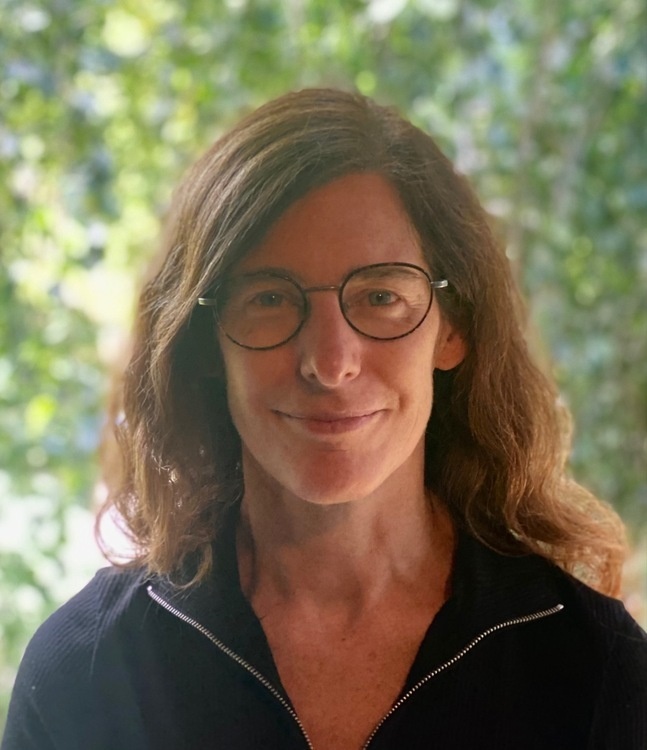
Teuber Lecture: Colloquium on the Brain and Cognition with Adrienne Fairhall
Description
Talk Title:
Variability and resilience in motor circuits
This is the Teuber Lecture
Abstract:
The songbird zebra finch is an exemplary model system in which to study trial-and-error learning, as the bird learns its single song gradually through the production of many noisy renditions. Further, the adult bird actively maintains its song and retains some residual plasticity. Motor learning occurs through the association of timing within the song, represented by sparse firing in nucleus HVC, with motor output, driven by nucleus RA. Here we show through modeling that even a small amount of variability in HVC firing can result in a network which is more easily able to adapt to change, and is most robust to cell damage or death, than an unperturbed network. In collaboration with Carlos Lois’ lab, we also consider the effect of dramatic perturbation of HVC through viral injection of toxins that affect the firing of a majority of the projection neurons. Following these perturbations, the song is profoundly affected but is able to almost perfectly recover. We characterize the changes in song acoustics and syntax, and propose models for circuit plasticity that can account for the robust restoration of song. Finally, we explore innate learning rules that lead to intrinsic sequence generation.
Bio:
Adrienne Fairhall holds a first class honors degree in theoretical physics, working with Bob Dewar in plasma physics, from ANU in Canberra, Australia and completed her PhD in physics at the Weizmann Institute, with Itamar Procaccia working on turbulence, in 1998. She moved into neuroscience research as a postdoc with Bill Bialek at NEC Research Institute in Princeton, then with Michael Berry at Princeton University. She joined the faculty of UW’s Department of Physiology and Biophysics in 2004 and became a co-director of the WRF Institute for Neuroengineering in 2014. With Eric Shea-Brown, she co-directs the Computational Neuroscience Center’s research and educational program at UW. In 2022, Adrienne was a Tocqueville-Fulbright scholar at Ecole Normale Superieure in Paris.
Zoom Link: https://mit.zoom.us/j/93852051465
Followed by a reception with food and drink

